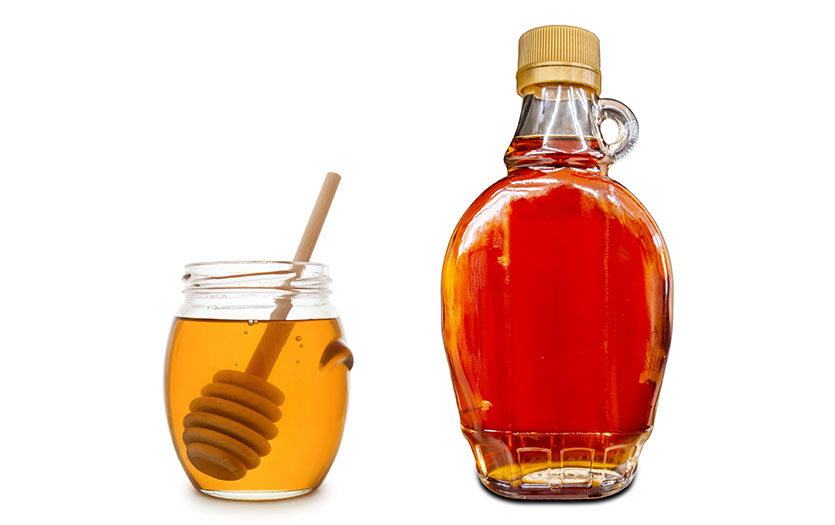
In honor of National Nutrition Month, we quizzed Amanda Sytsma, RDN, CD, PPG – Weight Management & Bariatric Surgery, on a dozen diet “facts” floating around online. Think you know the answers? Have someone quiz you before you read on.
True or False: You can out-exercise a bad diet
True. But you would have to spend a significant amount of time in the gym to accomplish this. To lose 1 pound a week you would need to create a 500 calorie/day deficit.
True or False: You need to eat within 20-30 minutes of a workout
False. It is all about daily total intake, not timing.
True or False: Fasting is the key to weight loss
False. It’s important to not let ourselves get overly hungry. When we get overly hungry, we are more likely to eat more indulgent foods and larger portions.
True or False: You should drink half your body weight in water every day
False. You should drink until your urine is clear. For every ounce of caffeine you drink, add it back in water.
True or False: Fruit is full of sugar and can lead to weight gain
False. Fruit contains natural sugars (fructose), which are not bad for you. Any food can lead to weight gain if you eat more calories than your body burns.
True or False: Fat in foods makes you fat
False. Fat is an important nutrient, especially for absorption of our fat-soluble vitamins (A, D, E and K). Fat, however, is the most calorie dense nutrient, providing 9 calories per gram (protein and carbohydrates provide 4 calories per gram). You must be mindful of fat intake since it should get the smallest serving size.
True or False: All calories are created equal
False. Depending on their sources they provide different functions. Calories come from carbohydrates, protein and fats. Carbohydrates are a great source of energy. Protein is the building block of the body and helps keep you satisfied. Fat helps with providing energy and the absorption of vitamins A, D, E and K.
True or False: White potatoes in any form are bad for you
False. White potatoes are a complex carbohydrate. Complex carbohydrates are a good source of fiber. Since fiber takes longer to digest, it helps us feel satisfied for a longer period.
True or False: Carbs are bad
False. Carbohydrates are our body’s main source of energy. The problem is, we tend to overeat servings of carbohydrate-containing foods. When we consume too many carbs, they are stored as fat in our muscles and liver.
True or False: Skipping meals is a good way to save calories if you aren’t hungry
False. As a rule of thumb, I encourage patients to not skips meals or snacks they normally get in or go longer than five hours between meals.
True or False: Snacks derail weight loss
False. It’s important to choose a snack that will help keep you satisfied for a longer period of time. Snacks that are protein-dense or high in fiber are great choices. Some examples are: hard boiled eggs, low-fat string cheese, fresh fruit, non-starchy vegetables, low-fat yogurt, cottage cheese or an apple with a tablespoon of peanut butter.
True or False: A high fiber diet can lead to weight loss
False. Just eating a high fiber diet will not by itself lead to weight loss. But fiber will provide bulk in your stomach, helping you to feel satisfied for longer periods of time.



